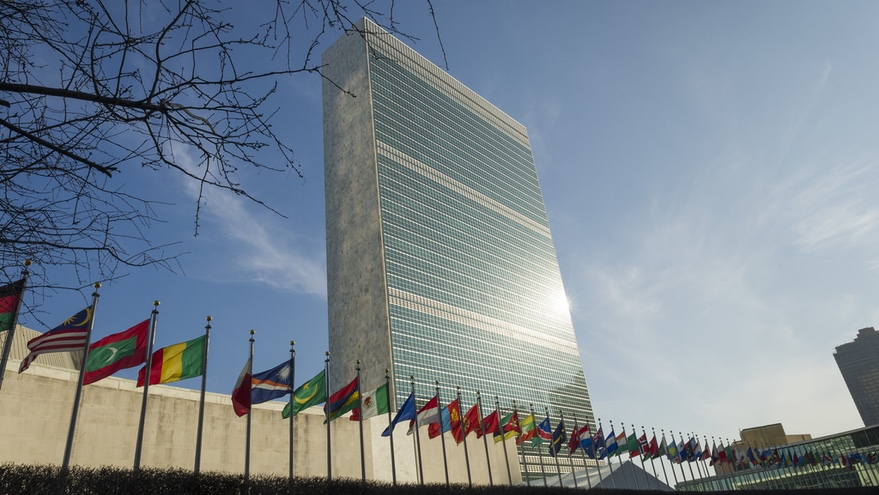WAILEA, Hawaii — Diplomats and other experts see signs of progress at the United Nations on addressing space sustainability but caution it may will take many years before any sort of binding agreement emerges.
In presentations at the Advanced Maui Optical and Space Surveillance Technologies, or AMOS, Conference here Sept. 17, officials said a United Nations resolution last December, passed with overwhelming support, could help build momentum for further discussions on the development of norms of behavior in space.
Resolution 75/36 encouraged countries to submit their views on existing and potential threats and security risks to space systems and their ideas on “norms, rules and principles of responsible behavior” for safe space operations. Thirty countries have formally submitted reports, including China, Russia and the United States.
“This is the first time that the U.S. government put forward a substantial description on our views of responsible national security behavior in space,” said Eric Desautels, acting deputy assistant secretary of state for emerging security challenges and defense policy, during a panel discussion at the conference. That included “strategic-level principles” regarding space behaviors that he said could be the basis for future work.
The focus on behaviors was critical, he said. “The implementation of norms can reduce the possibility of misunderstanding and miscalculation between national security satellites operating in space. Moreover, the alternative of developing a legally binding arms control agreement would take longer to develop and verification is a significant challenge.”
David Edmondson, policy head for space security and advanced threats in the United Kingdom Foreign, Commonwealth and Development Office, offered similar views. “The U.K. strategic aim is to prevent miscalculation and escalation from hostile activity in space systems leading to conflict,” he said.
The U.K. is drafting a U.N. resolution to set up an “open-ended working group” as the next step in this process. The working group would develop a shared understanding of the issue, build consensus on threatening behaviors in space begin drafting norms of behavior intended to reduce the risk of conflict in space.
“States will self-limit their actions if they understand them to be internationally unacceptable and more likely to lead to conflict,” Edmondson said.
The United States supports that proposed resolution, as does the European Union. “This is really the beginning of a process, a process of common understanding of transparency and confidence building to which the E.U. and its member states grant their full support,” said Carine Claeys, special envoy for space and head of the space task force of the European External Action Service.
How that process is developed is as important as any guidelines or norms that emerge. “To do any of this, process is key,” said Jessica West, senior researcher at Project Ploughshares. “Going forward, it’s essential that the process be as inclusive as possible. This requires a process to nurture and expand like-mindedness among various actors.”
Translating those understandings of norms of behavior into a more binding document, though, remains far in the future, panelist acknowledged. Even what would appear to be relatively noncontroversial proposals, such as a treaty banning tests of kinetic-energy antisatellite (ASAT) weapons to avoid the production of further debris, are difficult to develop.
Audrey Schaffer, director of space policy on the National Space Council, said that while there is a recognition of the problem of debris-generating ASAT tests, what the precise solution should be is less clear. The political will for pushing forward with some kind of treaty is also uncertain.
Getting a broader, binding international agreement on long-term space sustainability is a long-term challenge. “I see this as the beginning of a really long engagement at the international level on a topic we kind of sidelined and overlooked for a long time,” West said.
“This is a process,” said Desautels. “This is also a jobs plan for diplomats.”
